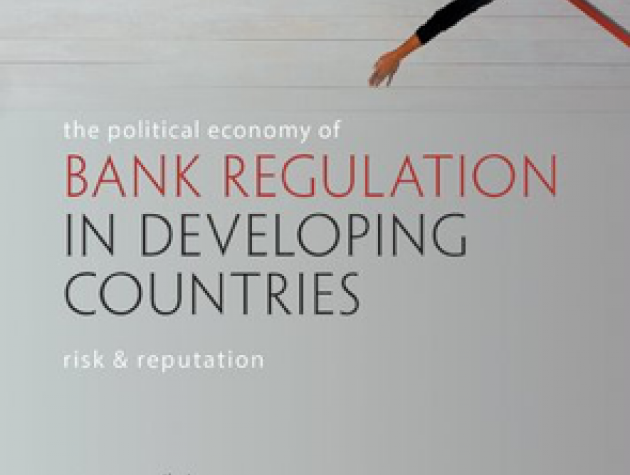The Limits of Globalizing Basel Banking Standards
Abstract
Though designed by a selective group of regulators from the world’s largest financial centres, Basel banking standards are being implemented far beyond the financial core, and this is often seen as confirmation of their global relevance. Yet, we show that the implementation of Basel II and III is shallow and highly selective in most countries outside of the Basel Committee on Banking Supervision. Drawing on primary and secondary sources and regression analysis, we attribute shallow and highly selective adoption to the sheer complexity of the standards, and the fact that they need substantial modification before they can be fully implemented, particularly in developing countries. Implementation challenges are compounded by gaps in the financial market infrastructure, notably credit rating agencies, as well as shallow capital markets. Beyond this, we attribute cross-country variation in implementation to differences in the underlying political economy of the banking sector. Countries are likely to pursue relatively high levels of Basel II and III implementation when large foreign and internationally active domestic banks operate in their jurisdiction and when they have a market-oriented approach to the financial sector. Conversely, countries are likely to pursue relatively low levels of implementation when they have few internationally active banks and a more interventionist approach.
Download the paper from the Journal of Financial Regulation here.







